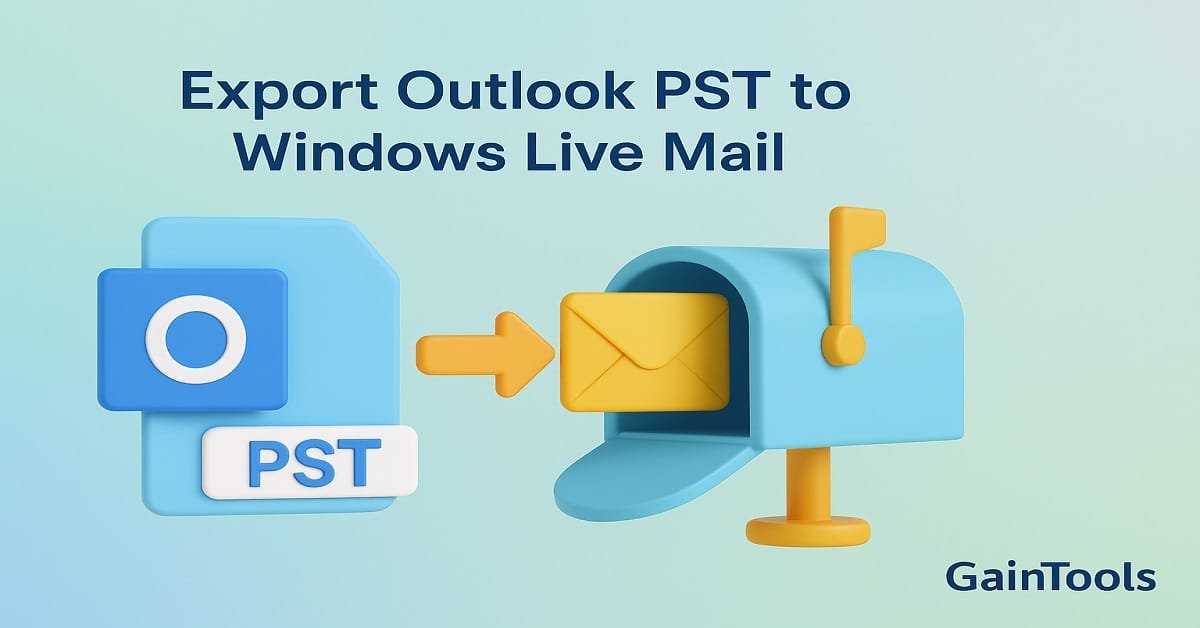SEO, or search engine optimization, is the process of increasing the exposure and relevance of your website to search engines and users. SEO can help you attract more organic traffic, leads, and customers to your website, and ultimately grow your business.
But SEO is not easy, especially when you are competing with big brands that have more resources, authority, and recognition than you. How can you stand out from the crowd and rank well for the keywords that matter to your target audience?
In this article, we will share some tips and strategies on how small businesses can compete with big brands on SEO and win.
1. Focus on a niche
Small businesses can’t rank high for many keywords on search engines like big companies can. You have less money to spend, so you should focus on a specific topic.
A niche is a part of the market that has a special need, problem, or interest that you can help. By choosing a niche, you can:
- Reduce your competition and target keywords that are less competitive and more relevant to your audience.
- Increase your authority and credibility by demonstrating your expertise and knowledge in your field.
- Build a loyal and engaged customer base that trusts you and values your products or services.
To find your niche, you need to do some research and analysis. You can start by asking yourself these questions:
- What are the unique selling points of your business? What makes you different from your competitors?
- Who are your ideal customers? What are their demographics, psychographics, pain points, goals, and preferences?
- What are the gaps or opportunities in the market that you can fill or exploit?
- What are the trends or changes in your industry that you can capitalize on?
Once you have a clear idea of your niche, you can use tools like Google Keyword Planner, Ubersuggest, or Moz Keyword Explorer to find relevant keywords that have low competition and high search volume.
2. Use long-tail keywords
Long-tail keywords are longer and more specific search phrases that have a high probability of conversion. For example, instead of targeting “coffee machine”, which is a broad and competitive keyword, you can target “best espresso machine for small office”, which is a long-tail keyword that indicates a clear intent and needs.
- Long-tail keywords are beneficial for small businesses because they can help you:
- Rank higher on Google because they have less competition and more relevance to your niche.
- Attract more qualified traffic because they match the user’s search intent and expectations better.
- Increase your conversion rate because they target users who are closer to the bottom of the sales funnel and ready to buy.
To find long-tail keywords for your niche, you can use tools like AnswerThePublic, AlsoAsked.com, or SEMrush Keyword Magic Tool. These tools can help you generate hundreds of long-tail keyword ideas based on what people are searching for on Google.
3. Go local
If your business serves a specific geographic area, such as a city or a region, then you should optimize your website for local SEO. Local SEO is the process of improving your online presence for local searches3. For example, if someone searches for “pizza delivery near me” or “dentist in Karachi”, Google will show them local results based on their location.
- Local SEO is important for small businesses because it can help you:
- Boost your visibility and ranking on Google Maps and Google’s local pack (the top three results that show up below the map).
- Reach more potential customers who are looking for nearby businesses or services.
- Build trust and reputation by collecting positive reviews and ratings from your customers.
To make your website show up better for local searches, you need to:
- Claim and verify your Google My Business listing. This is a free tool that lets you control how your company appears in Google Search and Maps. You can add important information such as your name, address, phone number, website, hours of operation, photos, and more.
- Optimize your website content with local keywords. You should include your location name in your title tags, meta descriptions, headings, body text, images, and URLs. You should also create local landing pages for each location that you serve.
- Get more local citations and links. Citations are online mentions of your business name, address, and phone number (NAP) on other websites. Links are hyperlinks from other websites that point to yours. Both citations and links can help improve your authority and ranking on Google. You can get more citations and links by submitting your business to local directories (such as Yelp), joining local associations (such as the Chamber of Commerce), or sponsoring local events (such as charity fundraisers).
4. Always publish relevant and helpful content
Content is the main thing that makes SEO work well. Content is what attracts users to your website, engages them with your brand, educates them about your products or services, and persuades them to take action.
But not all content is created equal. To compete with big brands on SEO, you need to publish content that is relevant and helpful to your audience. This means that your content should:
Address the needs, problems, questions, or interests of your target audience.
- Provide valuable information, insights, tips, solutions, or recommendations that can help your audience achieve their goals or solve their pain points.
- Be original, unique, and fresh. Avoid duplicating or copying content from other sources. Instead, create your own content based on your expertise, experience, and research.
- Be well-written, clear, concise, and easy to read. Use proper grammar, spelling, punctuation, and formatting. Break up your text into short paragraphs, bullet points, subheadings, and images. Use a friendly and conversational tone that matches your brand voice.
- Include relevant keywords and phrases that match the user’s search intent and expectations. Use tools like Google Search Console or Google Analytics to find out what keywords your audience is using to find your website. Use these keywords in your content in a natural and smart way.
5. Giving things a more personal touch
One of the advantages that small businesses have over big brands is that they can offer a more personal and human touch to their customers. This can help you build a stronger relationship with your audience and differentiate yourself from your competitors.
To give things a more personal touch, you can:
- Use your own name and photo on your website, blog, social media profiles, and email signatures. This can make your audience trust you and think you are reliable.
- Share your story and values on your website’s About page. Tell your audience who you are, why you started your business, what you stand for, and what you hope to achieve. This can help you connect with your audience on an emotional level and show them what makes you unique.
- Use social media to interact with your audience. Respond to their comments, questions, feedback, or complaints. Thank them for their support, praise, or referrals. Share useful or entertaining content that relates to your niche or industry. This can make more people know your brand, like it, and support it.
- Encourage user-generated content (UGC). UGC refers to any content made and shared online by your clients or fans. This can include reviews, testimonials, photos, videos, or stories that feature your brand or products. UGC can help you boost your social proof, reputation, and SEO ranking. You can encourage UGC by creating contests, campaigns, hashtags, or incentives that motivate your audience to share their experiences with your brand.
Conclusion
SEO is a powerful way to grow your small business online. But it’s not easy to compete with big brands that have more resources and recognition than you.
However, by following the tips and strategies we shared in this article, you can level the playing field and rank well for the keywords that matter to your audience.
Remember to focus on a niche, use long-tail keywords, go local, publish relevant and helpful content, and give things a more personal touch.
These are the best ways to optimize your website for SEO as a small business owner.
If you need any help with SEO for your small business website, feel free to contact us. Our team of SEO professionals can assist you in achieving your online goals.






Tech content on this site may include contributed articles and partnerships with industry voices. Learn more in our Editorial Policy.